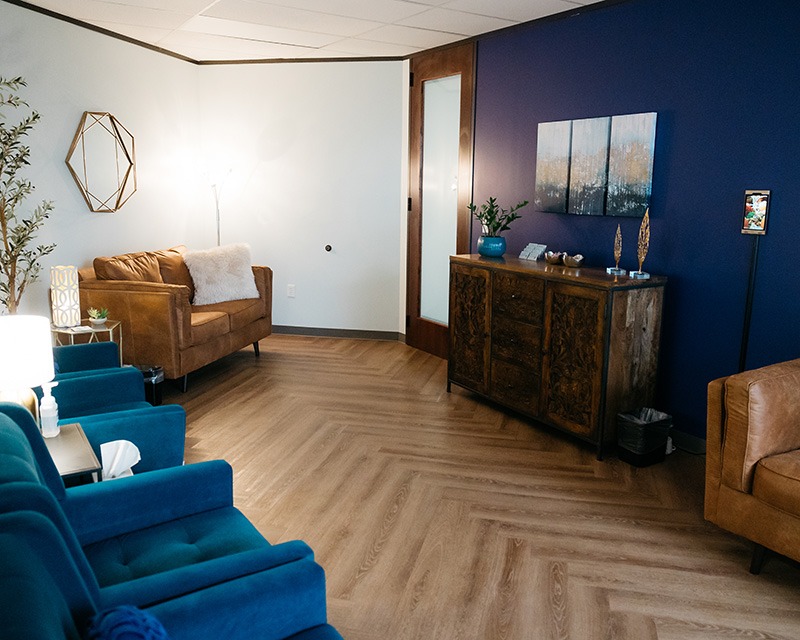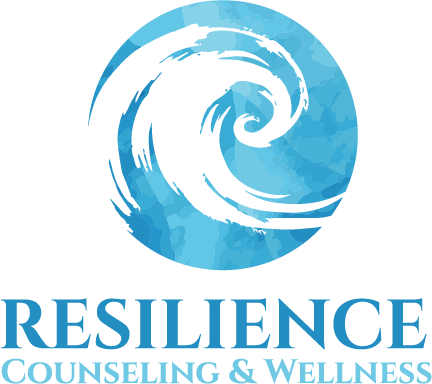Therapy in General


What to Expect
Logistics

What People Are Saying
Things are going really well with our therapist. My daughter really likes going to see her and it’s great to see her high comfort level with an adult. She is wonderful.
Kristen is amazing. Very present and I love what she said in our first session—that her goal is to learn what it’s like to be me and to walk alongside me. I feel a difference since working with her and am so grateful to have found your practice and Kristen!
Absolutely life-changing! My therapist is amazing and I’m so happy to be working with her! I’ve told all my friends about her!
Ashlie is amazing 💙 I find myself referencing things she’s said to me, and she’s opened my mind to a lot of belief patterns I had that I wasn’t aware of. She’s also very open-minded to recommending or referring you to any other therapy methods she thinks might benefit you. I think my favorite thing about her though is she’s honest and direct, yet very in tune to take things at my pace, and never pressures me to do any type of therapy or have any type of conversation I’m not ready for. 💙
Therapy is going so well! We are doing hard work and it’s very different than any other therapy I’ve done, but I’ve had a great experience and feel very seen and confident in my treatment. I appreciate how validating this experience has been. I always leave feeling soothed and more confident/motivated.
Thank god Kristen recommended EMDR to me. Before it, I genuinely didn’t think I was going to ever feel better, but after only about 2ish months I’m functional again. Also, I like that she said “We’re not trying to make you see your trauma in a positive light, we’re just trying to turn it into a memory that doesn’t hurt you anymore” because I was worried I’d have to act happy by the end of EMDR therapy. But no, the memory still sucks but it really doesn’t hurt anymore!
I have been seeing Kristen Gallien for a few months and she is wonderful! She makes me feel heard and understood and has been a wonderful support! I’m so grateful I found her!
I’ve been with Ashlie for at least 3 years, (If not more?) I’ve made great strides in my therapy! I’m a childhood trauma survivor. I spent most of my life simply surviving. After another traumatic event, I finally sought help.
Ashlie helped me understand my trauma. She explained the reasons for my inner turmoil. She was patient and supportive. I felt accepted and safe. I have said many times that Ashlie saved my life and I’m grateful for the tools she provided me. I was very lost for very long and Ashlie led me through the darkness.
I have more work ahead of me and I know I can count on Ashlie to see me through the rest of my journey. “Thank you” doesn’t encapsulate the gratitude I feel for you. You helped me find true happiness!
I have been seeing Ashlie for almost a year and a half. She almost feels like a friend that I can talk to but one that offers good advice. I like having her to bounce my feelings off of and having her guidance to navigate personal and business situations. I’m feeling pretty good about things in my life right now, but I look forward to our 2x per month sessions and being able to talk things out with her.

